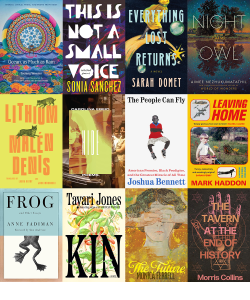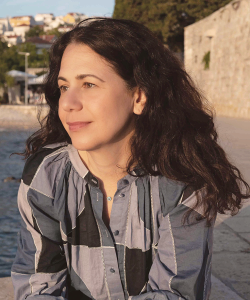Tayari Jones on the Power of History and Writing
Tayari Jones discusses her new novel, Kin (Knopf, 2026), and the history she uncovered in her research for the book in a conversation with Jill Cox-Cordova, former Library Journal editor, for this virtual event of the Penguin Random House Winter Book and Author Festival. For more from Jones, read her installment of our Ten Questions series.












